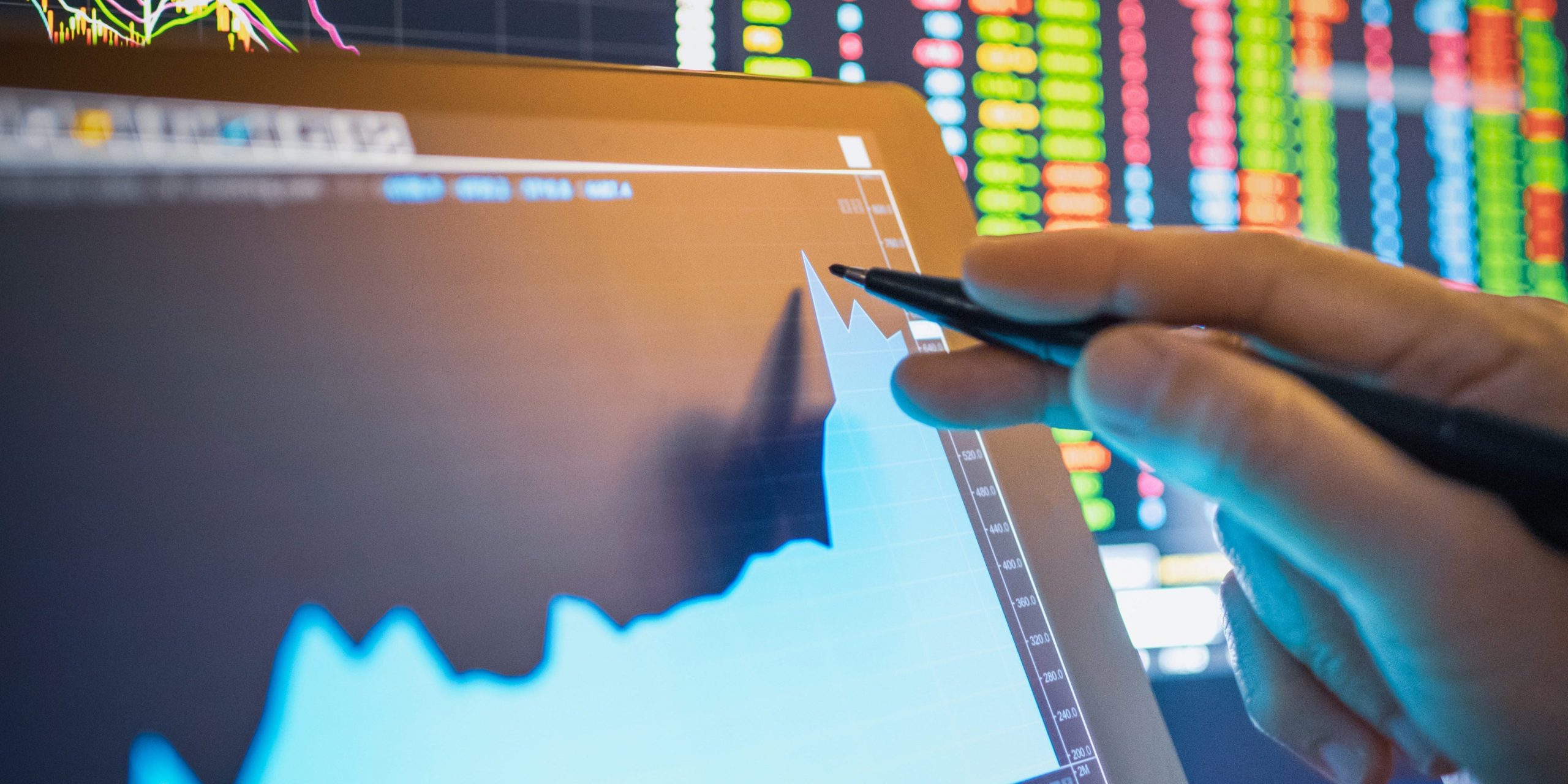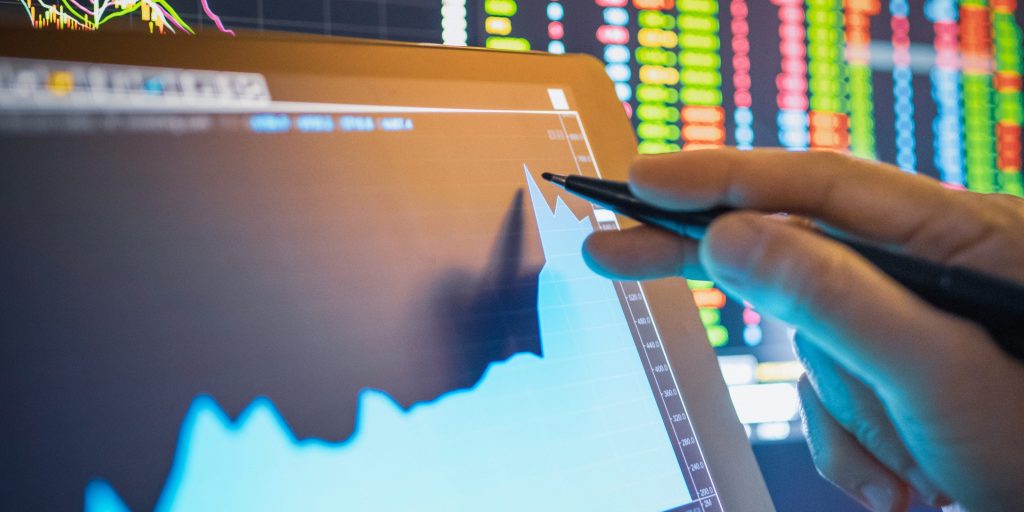
- Titan, the startup angling to be the active manager for a new generation of investors, raised $58 million.
- Titan has sought a role as the "premier" asset manager for Millenials and Gen Zs.
- Titan's take on active investing is to combine a core equity portfolio of around 20 stocks, hedged for customers' unique risk appetite.
- Sign up here for our daily newsletter, 10 Things Before the Opening Bell.
Titan, the startup angling to be the active manager for a new generation of investors, raised $58 million in a star-studded funding round that valued the company at $450 million, the company said in a statement.
The funding round, led by Andreessen Horowitz, featured a cast of celebrities, including Will Smith, Jared Leto, and Kevin Durant. With some 30,000 clients, Titan manages $500 million in assets, a number that should hit the $1 billion mark this year, co-founder Joe Percoco told Bloomberg.
Titan has sought a role as the "premier" asset manager for Millenials and Gen Z investors, positioning itself as the Fidelity or Blackrock for a younger cohort. Its founders talk of democratizing access to managed portfolios. The company is mobile-first and has a $100 minimum investment threshold, evoking comparisons to Robinhood.
Unlike Robinhood, Titan users don't need to pick stocks – instead deferring to in-house investment strategies explained in quick-bite, 90-second videos. Also unlike Robinhood, Titan charges fees for its active-management services: 1% of account value for investors with at least $10,000 or $5 per month for smaller users.
Titan's take on active investing is to combine a core equity portfolio of 20-some stocks with a hedge against losses, where the size of the hedge is personalized to users' risk profiles. For example, Titan's large-cap fund will allocate between 0-20% of the portfolio to an inverse S&P 500 ETF, depending on market conditions and user risk tolerance.
Two of Titan's three funds, large cap and small-to-mid cap, have beat the market since their inception. But the company's international fund, launched in April, fell well short of its benchmark, returning a cumulative 1.7% where the market yielded 4.3%.
